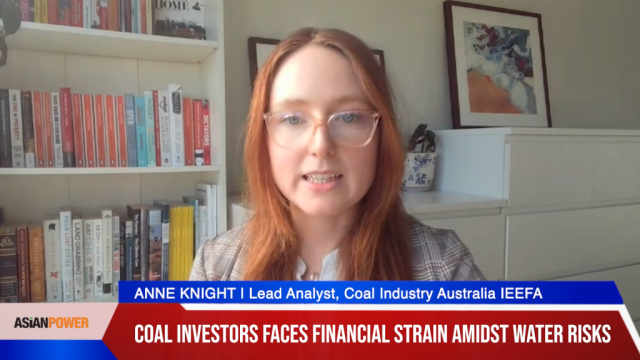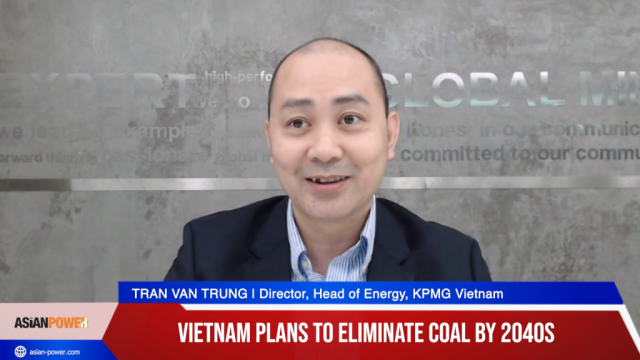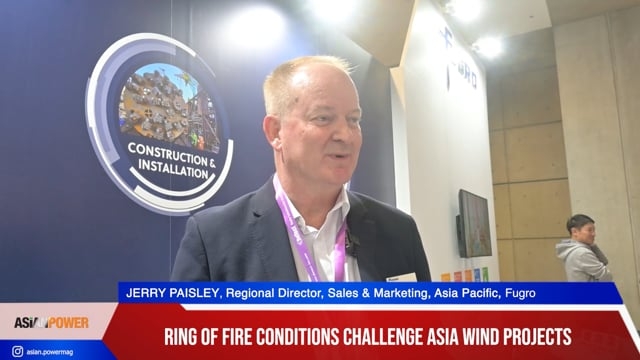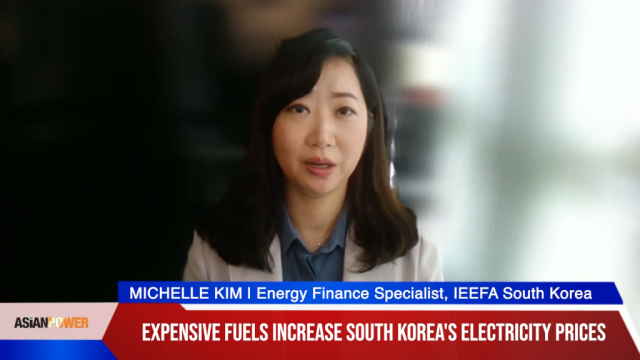Thought Leadership Centre
Most Read
1. Malaysia launches platform for RE cross-border sale to Singapore 2. ASEAN could save $800b in decarbonisation costs with regional cooperation 3. Australia launches largest renewable energy tender 4. Chinese IPPs’ debts to grow 9.3% for clean energy investments 5. AboitizPower launches 49 MW hybrid BESS projectResource Center
Awards
Oct
22
Oct
22
Oct
22
Event News
Event News
Celebrate your exceptional energy and sustainability initiatives with Asian Power
Co-Written / Partner
The awards programmes are accepting nominations until 19 July 2024.
Co-Written / Partner
Celebrate your exceptional energy and sustainability initiatives with Asian Power
The awards programmes are accepting nominations until 19 July 2024.
Videos
Partner Sites
Join the community
Thought Leadership Centre
Most Read
1. Malaysia launches platform for RE cross-border sale to Singapore 2. ASEAN could save $800b in decarbonisation costs with regional cooperation 3. Australia launches largest renewable energy tender 4. Chinese IPPs’ debts to grow 9.3% for clean energy investments 5. AboitizPower launches 49 MW hybrid BESS projectAwards
Oct
22
Oct
22
Oct
22

 Advertise
Advertise




















Commentary
Post-Paris: Taking another look at thorium nuclear
Post-Paris: Taking another look at thorium nuclear
Going beyond the meter means going beyond consumer expectations
Missionary electrification subsidies in the Philippines
Making business case for solar PV in Singapore happen
"Is Paris burning?": Looking anew at the significance of the Paris Climate Change Agreement
Hydropower project development in Myanmar: Risk allocation
Humans, machines, and outcomes
In search of better power regulation for Hong Kong
Here's why reliable electricity should not be taken for granted
Understanding a renewable energy future for Hong Kong
The future of Hong Kong's electricity
Four years post-Fukushima, an update from Japan
What you need to know about the announced capped revenue experiment in Shenzhen
Continued boom or bust for Japanese renewables?
Fractures in India's fracking debate
The first step to becoming a smart nation: Protect the grid
Powering Asia's next 100 million